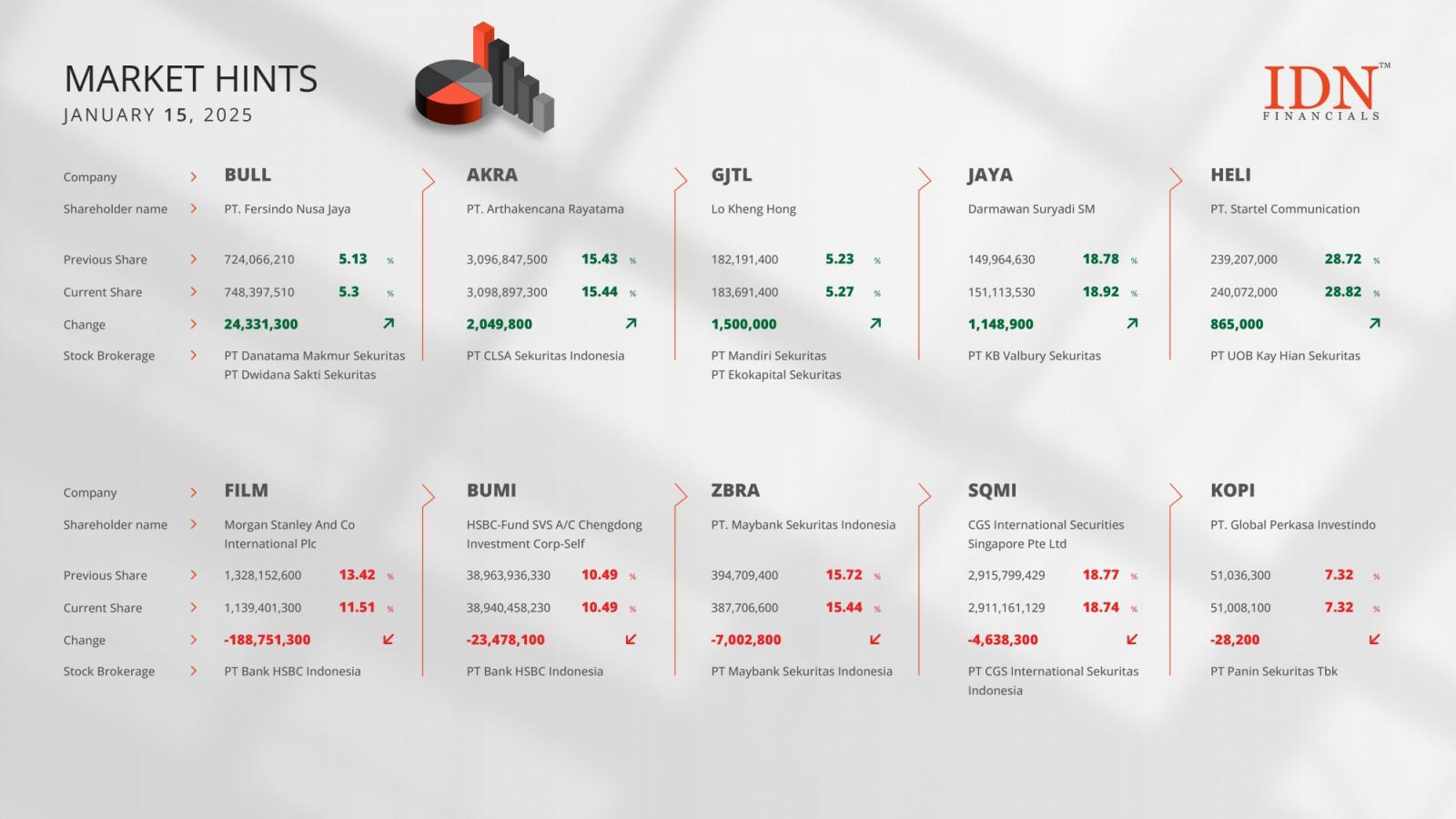
Asian stocks retreated on Friday as robust U.S. economic data stoked concerns about sticky inflation and the Federal Reserve\'s rate path.
Hawkish comments from another Federal Reserve official also weighed on investor sentiment.
Chinese markets fell notably to extend declines from the prior session as a trade war with the U.S. escalated and the Chinese military dispatched bombers armed with live missiles for mock strikes as part of its Taiwan drills.
The benchmark Shanghai Composite index dipped 0.88 percent to 3,088.87.
Hong Kong\'s Hang Seng index dropped 1.38 percent to 18,608.94, dragged down by heavyweight technology stocks.
Japanese markets tumbled as data showed inflation eased for a second month, raising uncertainty over whether the Bank will raise interest rates further this year.
The Nikkei average fell 1.17 percent to 38,646.11 while the broader Topix index settled 0.44 percent lower at 2,742.54.
Chip stocks came under selling pressure after rallying the previous day on the back of Nvidia\'s blockbuster earnings and forecast. Advantest plunged 4.5 percent and Tokyo Electron gave up 2.8 percent.
Seoul stocks closed lower on concerns over a possible delay in U.S. rate cuts. The Kospi average fell 1.26 percent to 2,687.60, extending declines for the fourth consecutive session.
Samsung Electronics slumped 3.1 percent after reports that its high bandwidth memory (HBM) chips were still not meeting Nvidia\'s standards. Peer SK Hynix declined 0.7 percent.
Australian markets declined, with banking and technology stocks leading losses. The benchmark S&P ASX 200 fell 1.08 percent to 7,727.60 while the broader All Ordinaries index closed 1.04 percent lower at 7,999.20.
Across the Tasman, New Zealand\'s benchmark S&P NZX-50 index slid 0.22 percent to 11,783.39.
Overnight, U.S. stocks gave up early gains to end lower as interest-rate concerns overshadowed Nvidia\'s bumper revenue forecast.
Treasury yields climbed after data showed U.S. business activity grew at its fastest pace in more than two years in May.
Also, weekly jobless claims fell by more than anticipated last week, reinforcing resilience of the labor market.
The tech-heavy Nasdaq Composite fell 0.4 percent, the S&P 500 gave up 0.7 percent and the narrower Dow lost 1.5 percent.





